Distingulish between the following compounds:
a. I. m− Iosotoluene and II. Benzyl iodide.
b. I. p− Bromonisole and II. p− nitrobromoobenzene,
c. I. Styrene and II. Phenylacterlyelen,
d. I. Touene II. Stryene III. Methyl cyclohexane, IV. PhCMe_(3) V. 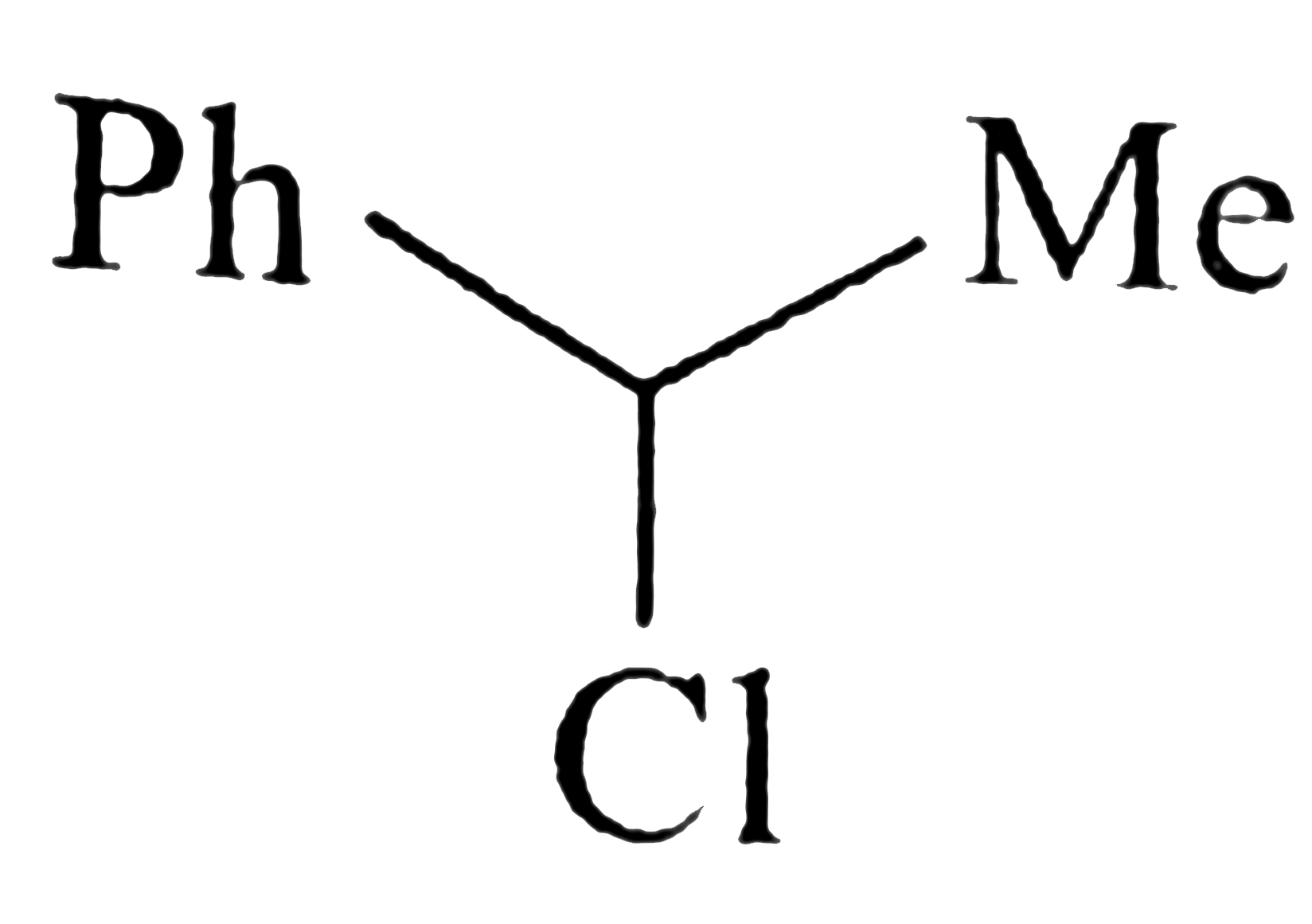
(II) gives a yellow precitate of Agl with AgNO3, whereas (I) does not.
b. 
(II) undergoes ArSN (addition eleimination) reaction due to the presence of EWG(−NO2) and displaces Br which gives pale yellow preciitae of AgBr with AgNO3.
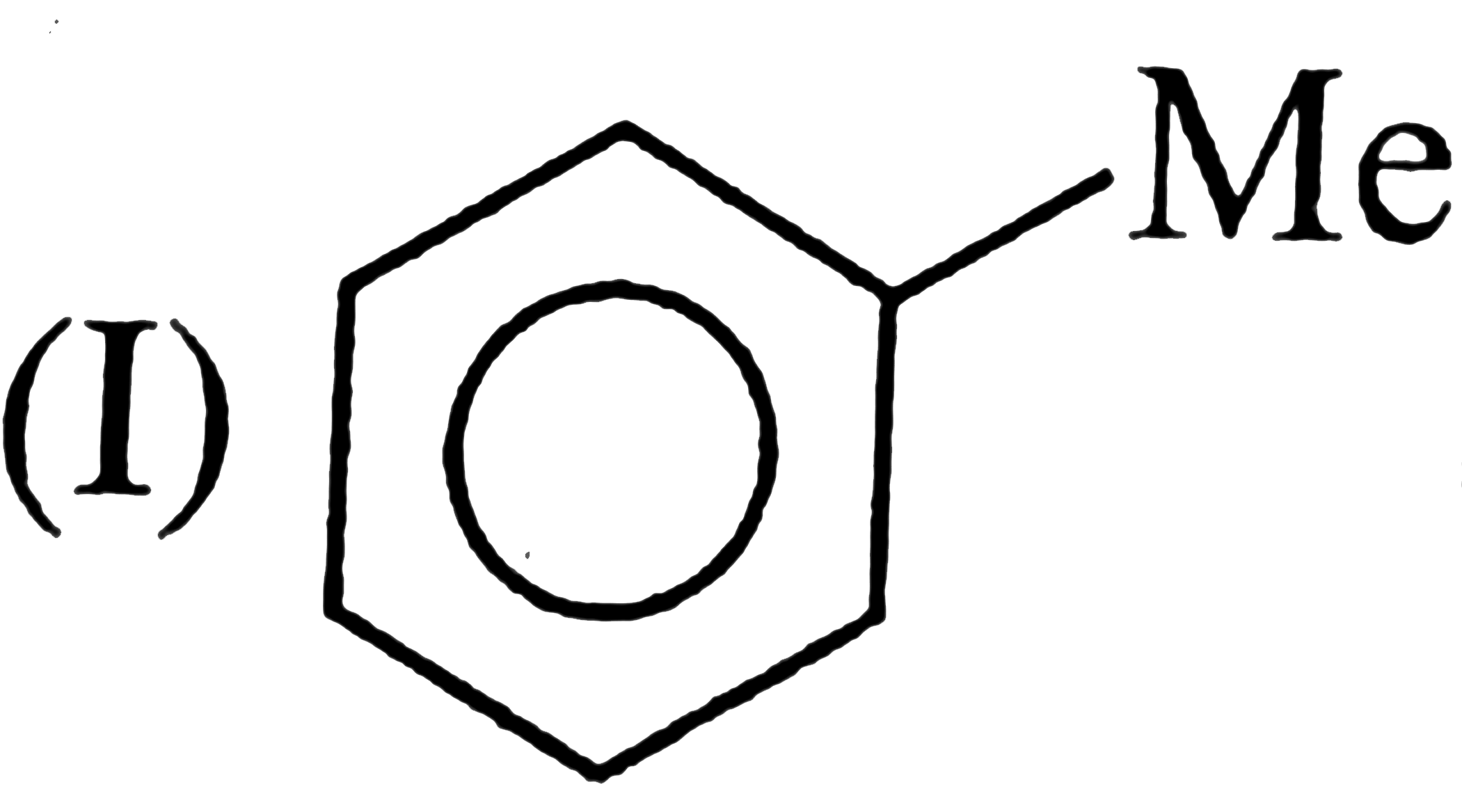
(II) Ph−CH=CH2 decoloursies Br2 and cold alkaline KMnO4 solution while (I) does not.
(IV) is not oxidised (presence of benzylic H) to PhCOOO, which upon acidifiacation gives a preciptate of PhCOO, whcih upon acidification gives a precipitate of PhCOOH and purple colour of MnO4 is discharged.
If oxidation is carried out with acidic K2Cr2O7. again PhCOOH is precipitated and orange colour of Cr2O2−7 changes to green (Cr3+)
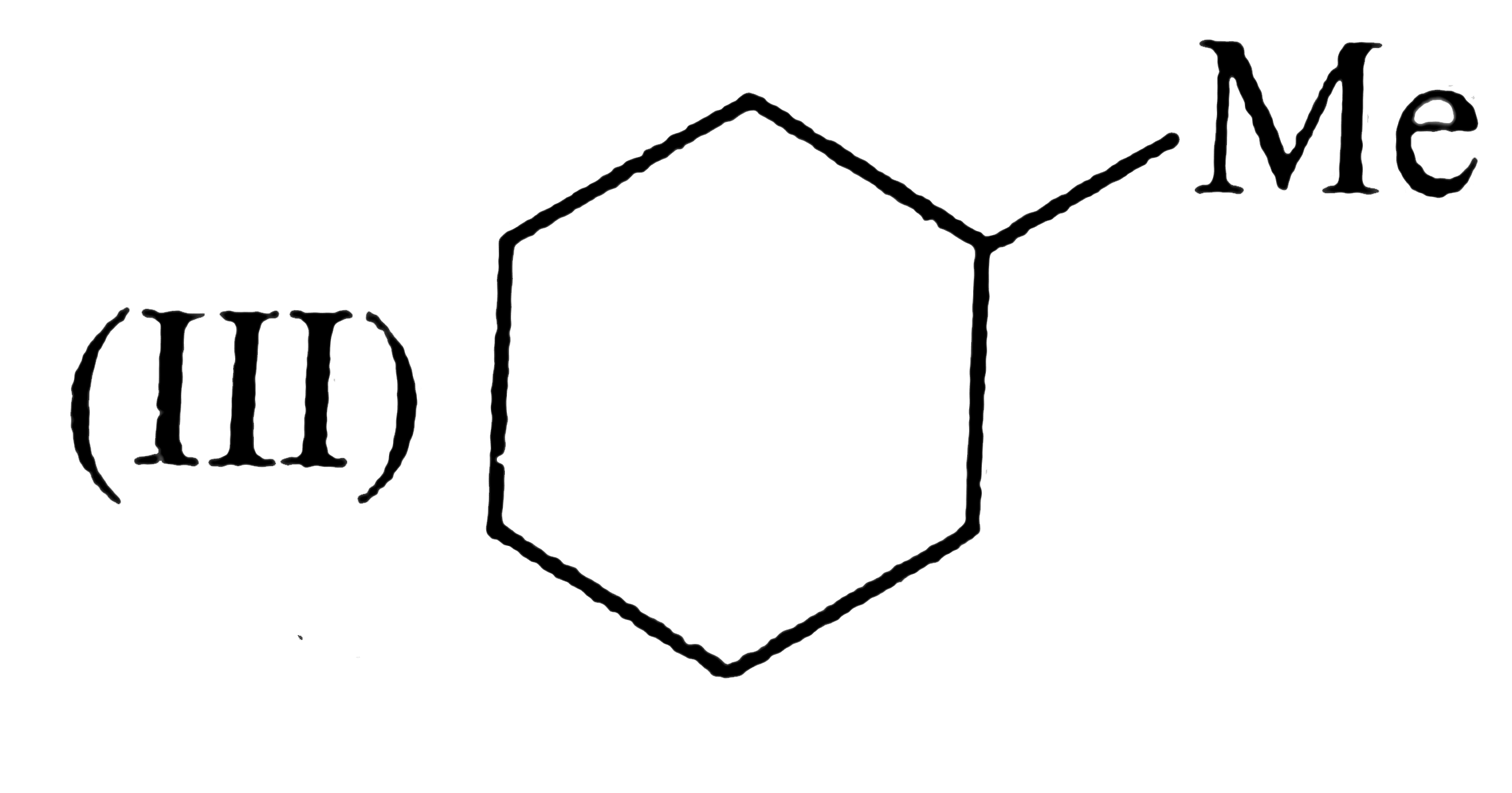
Topper's Solved these Questions
- AROMATIC COMPOUNDS AND ALKYL AND ARYL HALIDES BOOK - CENGAGE CHEMISTRYCHAPTER - AROMATIC COMPOUNDS AND ALKYL AND ARYL HALIDES EXERCISE - Solved Problems
37 Videos
- AROMATIC COMPOUNDS AND ALKYL AND ARYL HALIDES BOOK - CENGAGE CHEMISTRYCHAPTER - AROMATIC COMPOUNDS AND ALKYL AND ARYL HALIDES EXERCISE - Exercises Subjective Type
4 Videos
- AROMATIC COMPOUNDS AND ALKYL AND ARYL HALIDES BOOK - CENGAGE CHEMISTRYCHAPTER - AROMATIC COMPOUNDS AND ALKYL AND ARYL HALIDES EXERCISE - Archives Subjective
18 Videos
- APPENDIX INORGANIC VOLUME 2BOOK - CENGAGE CHEMISTRYCHAPTER - APPENDIX INORGANIC VOLUME 2EXERCISE - Short Answer Type
179 Videos
- BIOMOLECULESBOOK - CENGAGE CHEMISTRYCHAPTER - BIOMOLECULESEXERCISE - Exercises Archives (Analytical And Descriptive)
8 Videos
Similar Questions
Give the decreasing order of the relative reactivity towards SE reaction of the following compounds.
a. I. Benzene, II. Phenol, III. Aniline, IV. Chlorobenzene
b. I. Acetannilide, II. Aniline, III. Acetep[jempme, IV. Benzene.
c. I. 1,3- Dimryhyl benzene, II. 1,4− Dimenthyl-benzene, III. Tolune, IV. Trimehtyl benzene, V. 1,3,5− Trimethtyl benzene
d. I. p− Mehtyl benzoic acid, II. Terephtalic acid, III. p− Xylene, IV. Toluene.
e. I. Benzene, II. Toulene, III. p−Nitrotoulene, IV. m− Nitroluence, V. Benzence
g. I. Flurobenzene, II. Chlorobenzene, III. Bromobenzene, IV. Iodobenzene
h. I. p− Nitrochlorobenze II. Chlorobenzene, III. 2.4− Dintrochlorobenzene
View SolutionPredict the order of reactivity of following compounds in dehydrohalogenation.
a. I. II.
II. 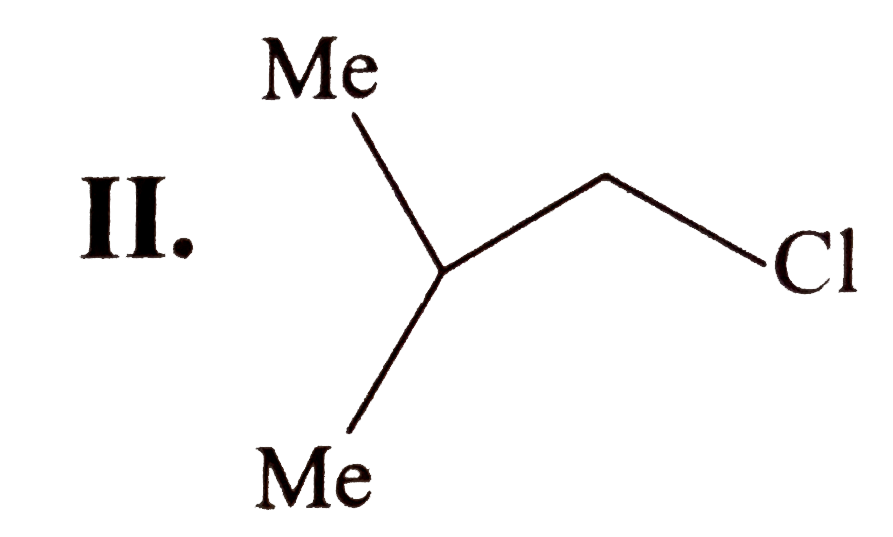
III.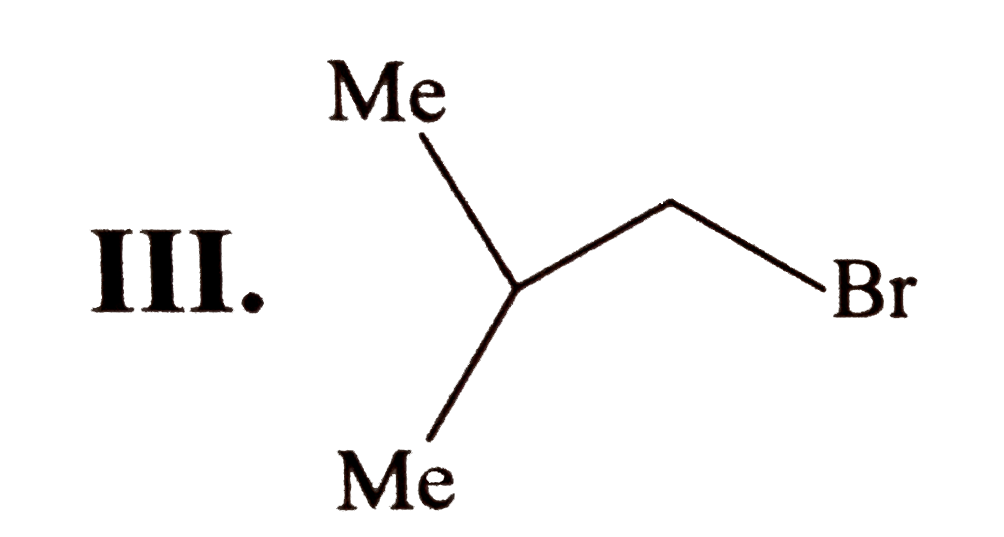 IV.
IV. 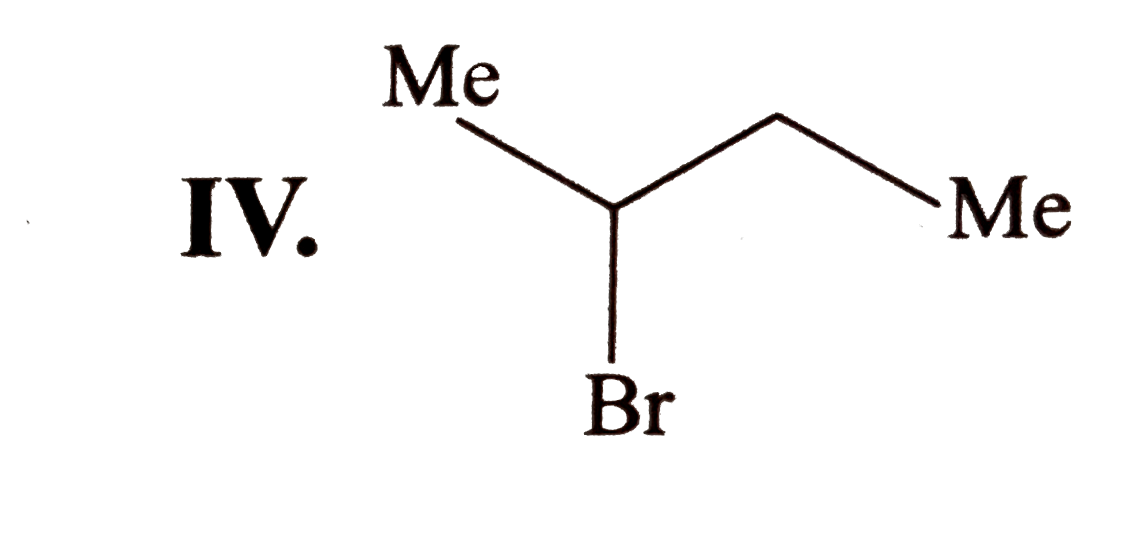
V.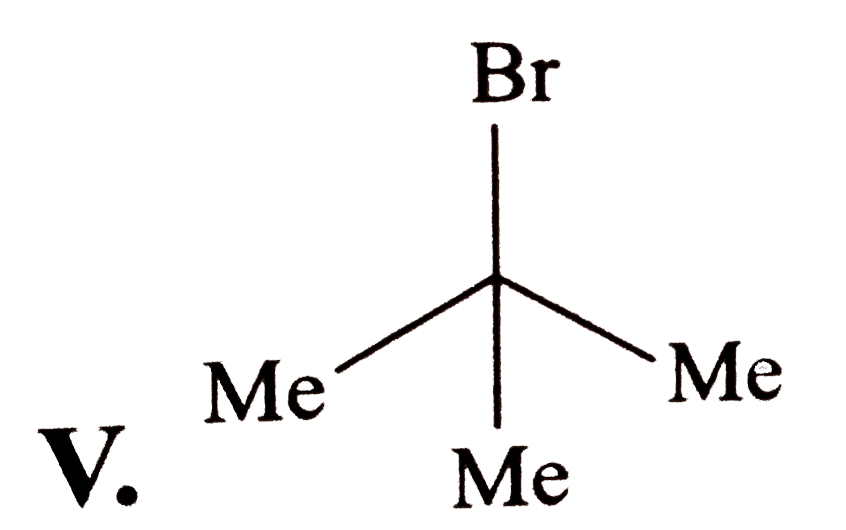
b. I. II.
II. 
III.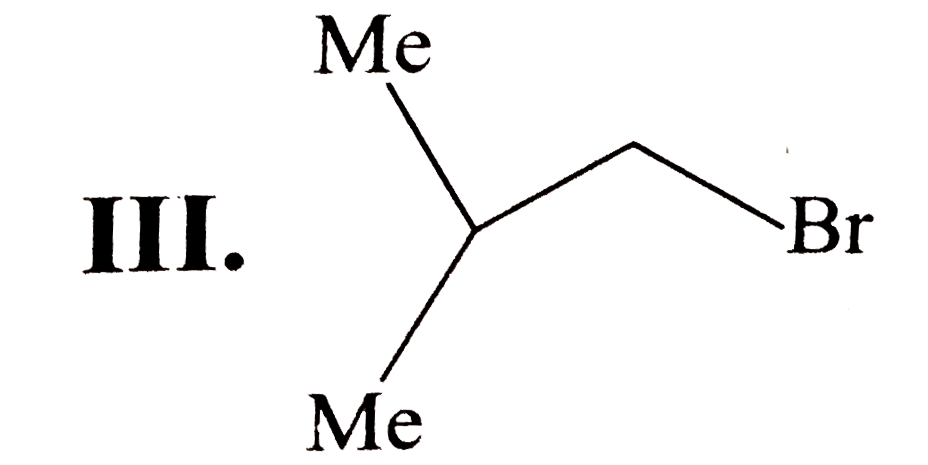 IV.
IV. 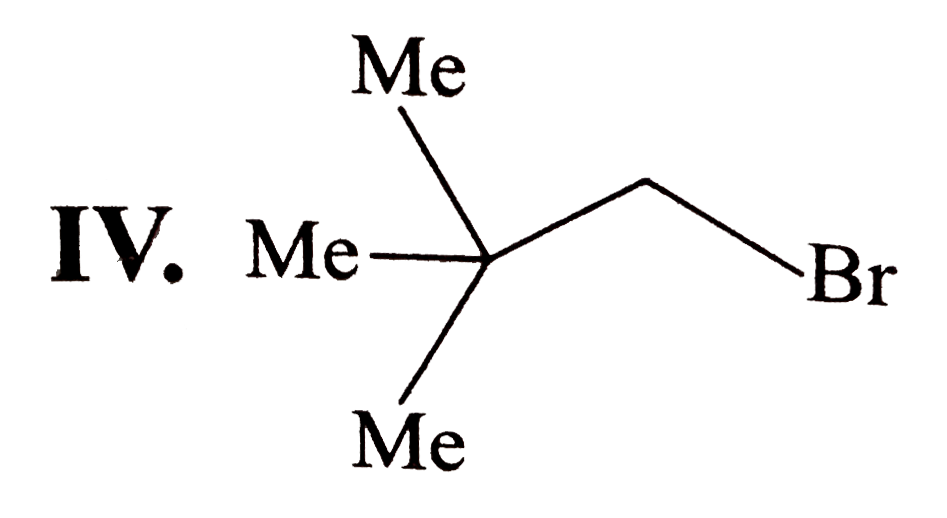
View Solution
Knowledge Check
In the following compounds phenol (I), p-cresol (II), m-nitrophenol (III) and p-nitrophenol (IV), the order of acidity is:
AIII>IV>I>IIBI>IV>III>IICII>I>III>IVDIV>III>I>IIGive eletrophilicity order of following carbonyl compounds
(I) Benzaldehyde
(II) p-Tolualdehyde
(III) P-Nitrobenzaldehyde
(IV) AcetophenoneAI>IV>III>IIBIII>I>II>IVCIV>II>I>IIIDII>IV>I>III
Predict the order of reactivity of following compounds in dehydrohalogenation.
a. I. II.
II. 
III. IV.
IV. 
V.
b. I. II.
II. 
III. IV.
IV. 
View SolutionGive eletrophilicity order of following carbonyl compounds
(I) Benzaldehyde
(II) p-Tolualdehyde
(III) P-Nitrobenzaldehyde
(IV) Acetophenone
View Solutioni.
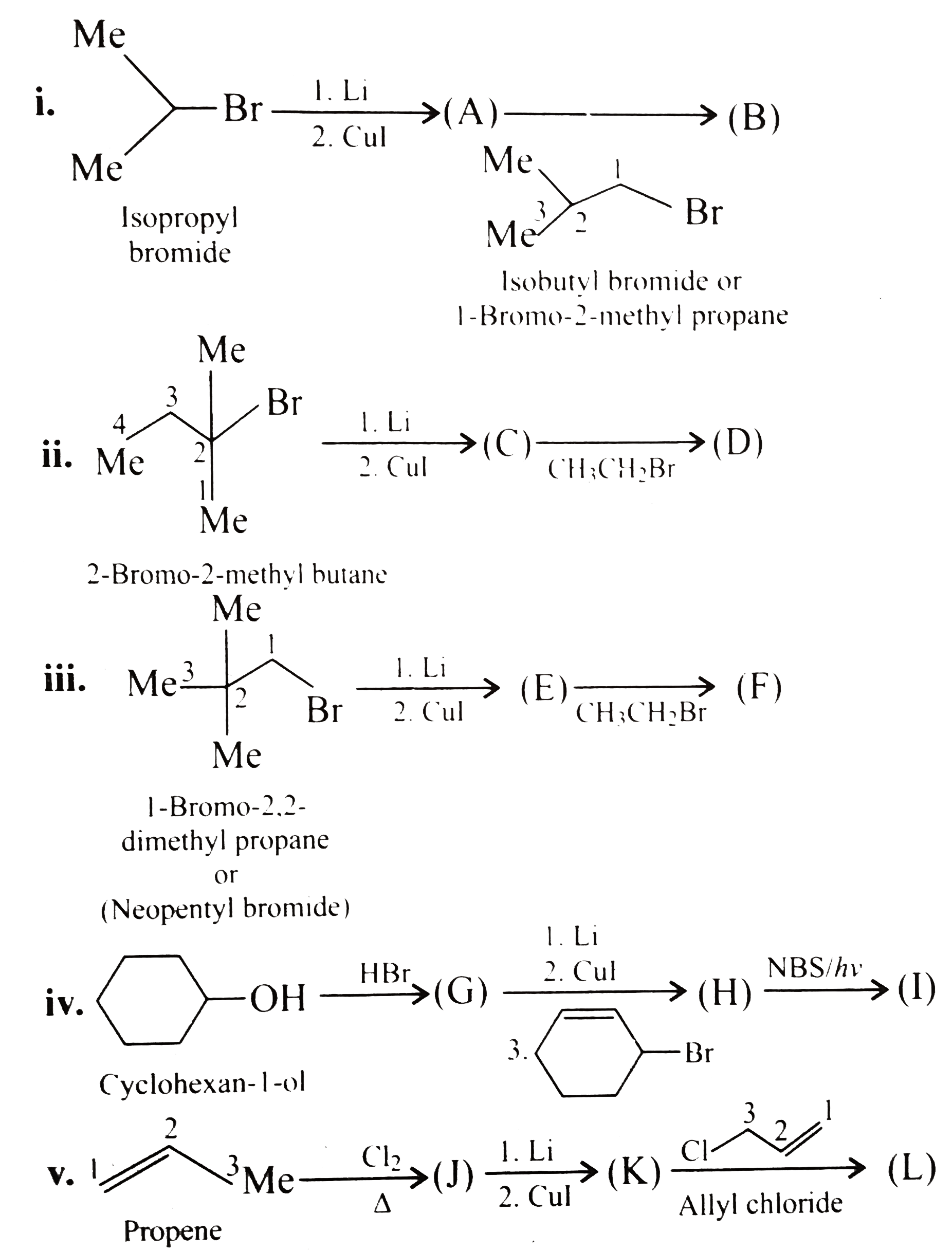
ii.
iii.
iv.
iv.
v.
View SolutionWhich of the following secondary metabolites belong to the group drugs
I. Morphine II. Curcumin
III. Codeine IV. Vinblastine
V. Abrin
(a) I and II
(b) I and V
(c) II and IV
(d) I and III
View SolutionGive the order of reactivity towards SN−1 solvoloysis of the following:
i. Benzyl chloride
ii. p− Chlorobenzyl chloride
iii. p− Methoxbenzyl chloride iv. p− Methyl benzyl chloride
v. p− Nitrobenzyl chloride
View SolutionArrange the following carbocations in order of stability
benzyl allyl methyl vinyl I II III IV
View Solution
